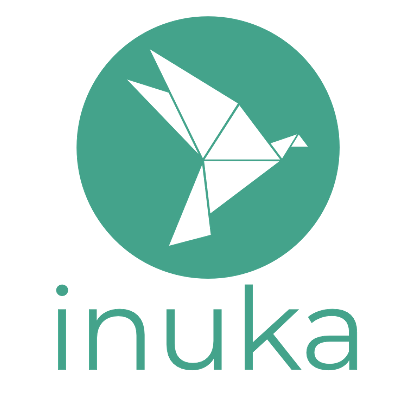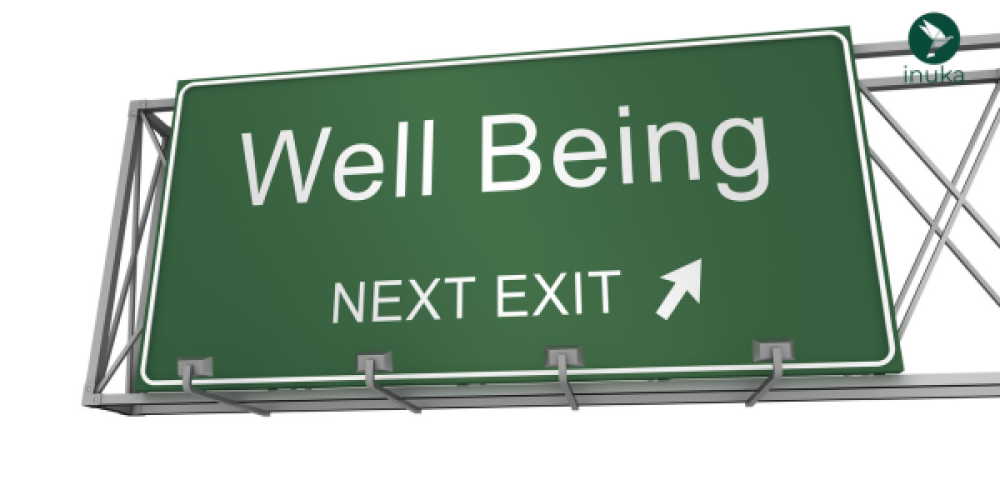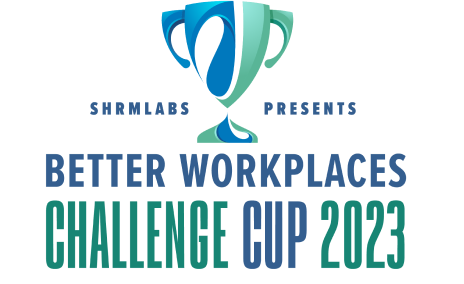Today we are writing about a topic that’s close to our hearts: well-being in the workplace. We all know that a happy, healthy team is a productive one. But where does well-being fit in the organizational structure? Specifically, should it be part of the Diversity, Equity, and Inclusion (DEI) department?
Understanding Well-Being and DEI
First, let’s break down what these two are.
Well-being encompasses physical, mental, and emotional health. It’s about creating an environment where everyone feels supported and capable of thriving.
DEI, on the other hand, focuses on ensuring that workplaces are inclusive, equitable, and diverse. It’s about creating a culture where everyone, regardless of their background, feels valued and included.
The Intersection of Well-Being and DEI
There’s a significant overlap between well-being and DEI. Both aim to create a supportive and inclusive environment. For instance, employees from marginalized groups often face unique stressors and challenges that can impact their well-being. A robust DEI strategy recognizes these challenges and works to address them, thus promoting overall well-being.
Research supports this intersection. A onderzoek published in the “Journal of Occupational Health Psychology” found that inclusive workplaces positively impact mental health, reducing instances of anxiety and depression among employees. Additionally, the “Harvard Business Review” highlights that diverse and inclusive workplaces are more likely to have healthier, more engaged employees.
Benefits of Integrating Well-Being into DEI
Holistic Approach: Combining well-being and DEI allows for a more holistic approach to employee health and satisfaction. It acknowledges that an inclusive environment is a healthy environment.
Resource Efficiency: Integrating these areas can streamline resources and efforts, ensuring that initiatives are not siloed. This can lead to more effective programs and better use of organizational resources.
Unified Culture: A unified approach fosters a culture where well-being and inclusion are seen as interconnected. This can lead to a more cohesive and supportive workplace culture.
Research from the “American Journal of Health Promotion” indicates that organizations with integrated well-being and DEI programs see higher employee satisfaction and lower turnover rates.
Challenges to Consider
While there are clear benefits, there are also challenges. DEI departments are often already stretched thin, and adding well-being to their remit could overburden them. Additionally, well-being is a broad and specialized field that might require specific expertise that DEI teams may not have.
A Balanced Approach
Perhaps the answer lies in a balanced approach. Rather than fully integrating well-being into DEI, consider a collaborative model. Here’s how it could work:
Cross-Functional Teams: Create cross-functional teams that bring together DEI and well-being experts. This allows for sharing of knowledge and resources while respecting the unique expertise of each area.
Shared Goals: Align the goals of well-being and DEI initiatives. For example, both can aim to reduce workplace stress and improve overall employee satisfaction.
Regular Collaboration: Foster regular collaboration between the DEI and well-being teams. Joint initiatives, workshops, and training sessions can help integrate their efforts without overburdening either team.
Conclusion
At Inuka, we believe well-being and DEI are two sides of the same coin. By working together, these areas can create a workplace where everyone feels supported, included, and able to thrive. So, should well-being fall under the DEI department? Maybe not entirely, but there’s definitely a strong case for close collaboration. After all, a healthy, inclusive workplace benefits us all.
Want to keep in touch? Schrijf je in voor onze nieuwsbrief en follow us on LinkedIn for the latest tips and success stories from the world of modern workplace coaching.








